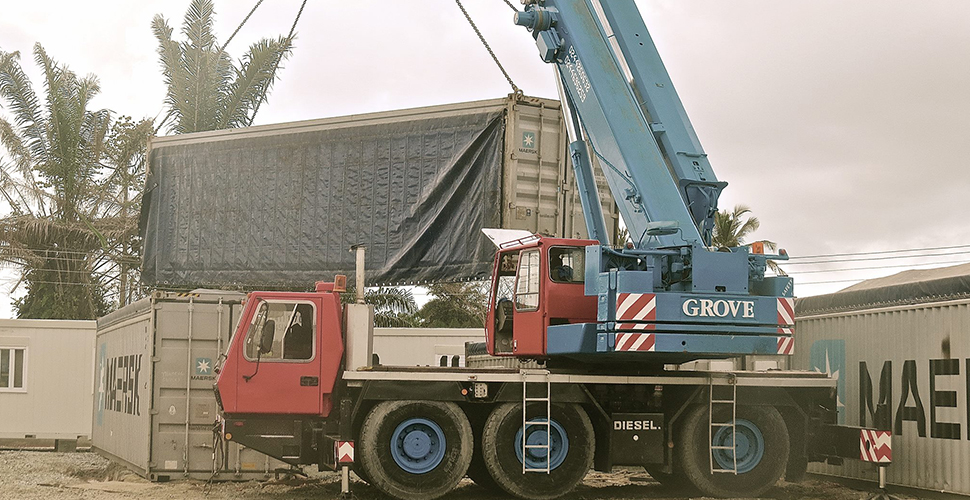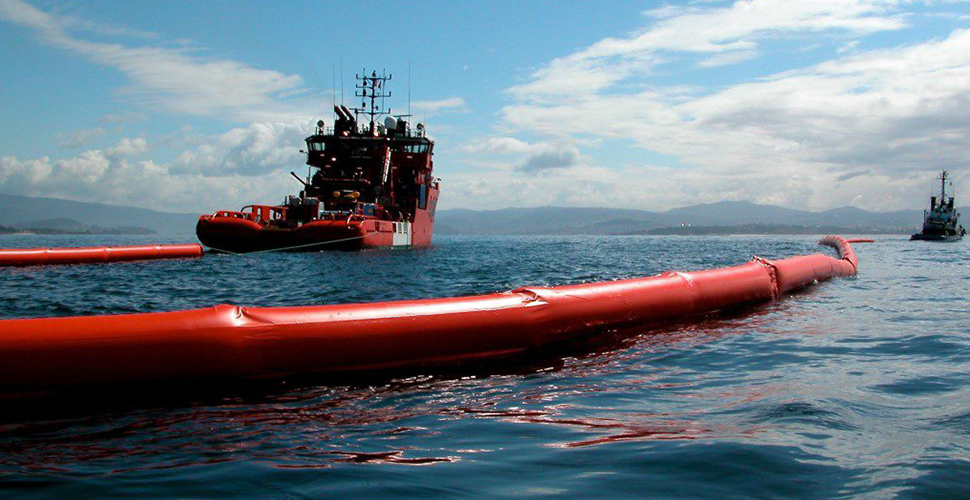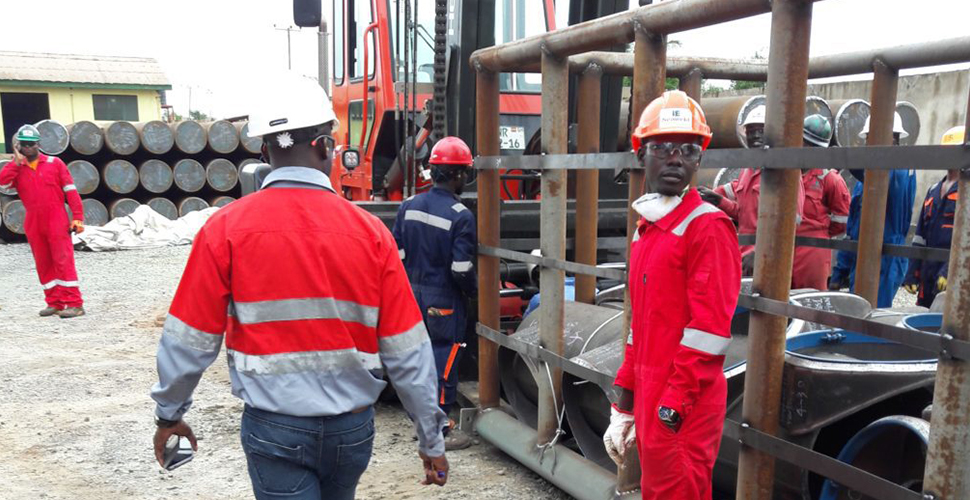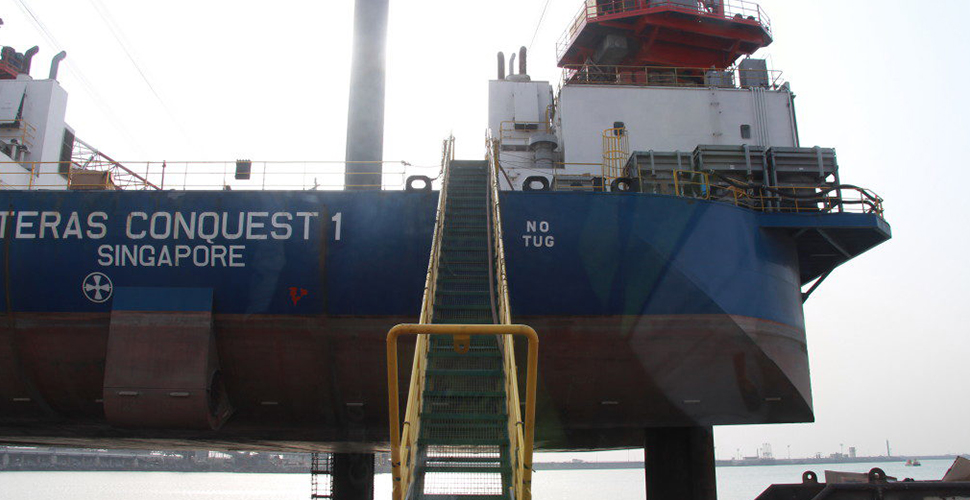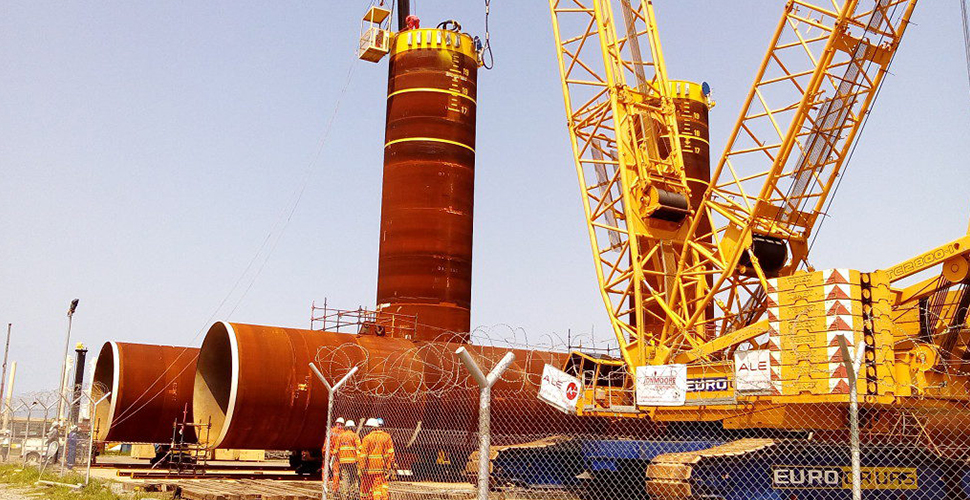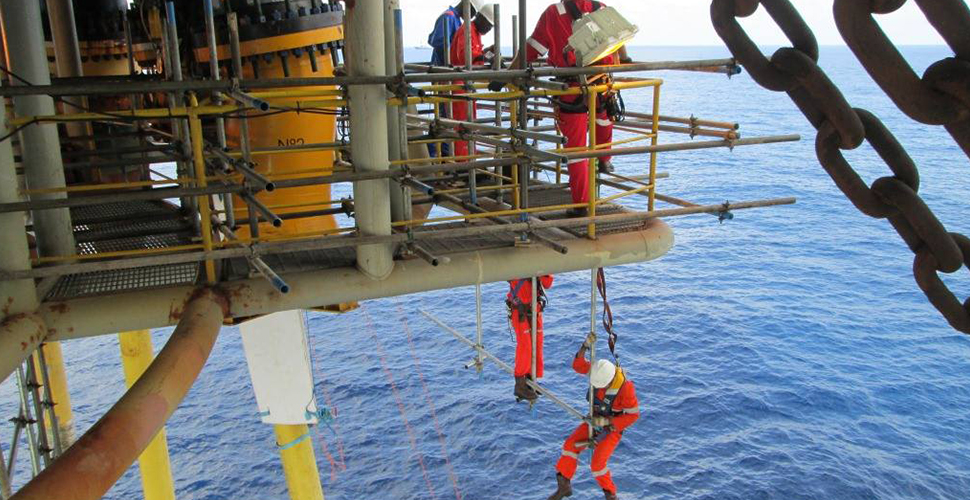The Regional Maritime University (RMU) has signed an agreement with Seaweld Engineering Ghana — an indigenous company in the maritime, oil and gas industry — for certified training to enhance local content and local participation in the sector. The move is to ensure that other training and certifications that hitherto were sourced outside the country will be carried out at the RMU. The instructions will focus on exploration and production, competency-based training, and introductory courses for stakeholders from engineering to support services.
The agreement between the two will make available equipment such as a full mission engine room simulator, onshore rig, well-control simulator, process operator simulator, and crane laboratory, as well as certified trainers. Training are also designed to take care of introductory oil and gas courses, well-control levels, drilling completion fluids, practical drilling technology, stuck pipe, and floater operational transition. Other areas include advanced drilling technology, painting, welding, crane simulation, roustabout, roughneck, derrick-man and driller competency programs to equip the trainees and international certification.
Aside from the technical areas, those in the business community can take advantage of the oil and gas introductory courses to enable them to understand the industry’s dynamics for services such as insurance, banking, and civil society groups, among others. The Chief Executive Officer of Seaweld Engineering, Engineer Alfred Fafali Adagbedu, signed on behalf of the company, while Vice Chancellor of the University, Prof. Elvis Nyarko, signed for RMU.
Prof. Nyarko said this collaboration between the university and Seaweld Engineering is a clear example of academia partnering with industry to address challenges facing the oil and gas industry. He said while it is essential to have the needed equipment; however, the other critical area is the requisite staffing that helps achieve the needed result.
“That is why on the part of Seaweld it will provide a full mission dynamic positioning simulator and accredited professional expatriate staff to offer competency and advance career programs leading to certifications in International Association of Drilling Contractors (IADC) and International Well Control Forum (IWCF).”
Despite its relevance to the sustainability of the country’s economy, he said, the vocational and technical sector is limited — with many rushing for programs in humanities, among others.
“The historical gap between our oil discovery and production comes with the lack of requisite skills needed for oil and gas industry, leading to the importation of skills that could be trained in Ghana — not forgetting the ambitious local content policy,” he said.
In the mechanical area, he said Seaweld’s collaboration would also ensure certification in the American Welder Society (AWS)-certified welder-trainers to manage one of the modern welding training centers and certify the trainees accordingly.
The facility, he said will benefit the country and support the sub-region to provide a full bouquet of competency training at the university level from roustabout to upstream installation manager. He expressed hope that the collaboration will ensure the enrichment of the government’s local content policy and the industry as a whole. Mr. Adagbedu described the collaboration between the two organizations as strategic, saying, “This is the time when the country is calling for strong collaboration between industry and technical education, as well as competency-based training.
“We will provide the trainees with the requisite skills that will meet industry standards and will an avenue for them to be well-trained and positioned for jobs.”
He said it is about time that more skills were developed to take over jobs that would otherwise require the importation of expatriates: “What we want to do is to provide the exact training and certifications hitherto done outside of the country”.
“The industry goes with practical or hands-on training, therefore what we want to do is not to give people training using pictures and only simulators: in the area of drilling we will bring rigs to the shore with requisite instructors to train Ghanaians,” he said. The officials of Seaweld and the university as well as other guests toured the facilities and laboratories.




